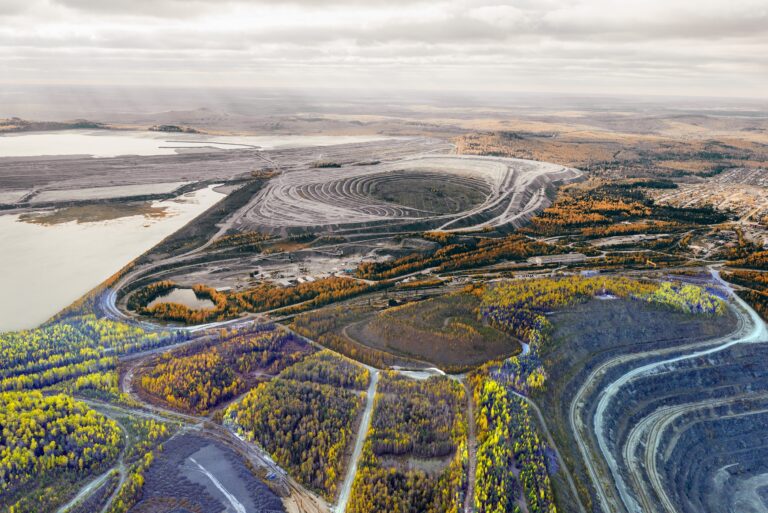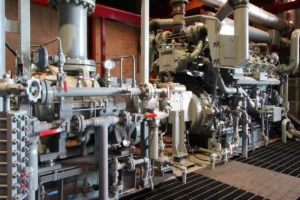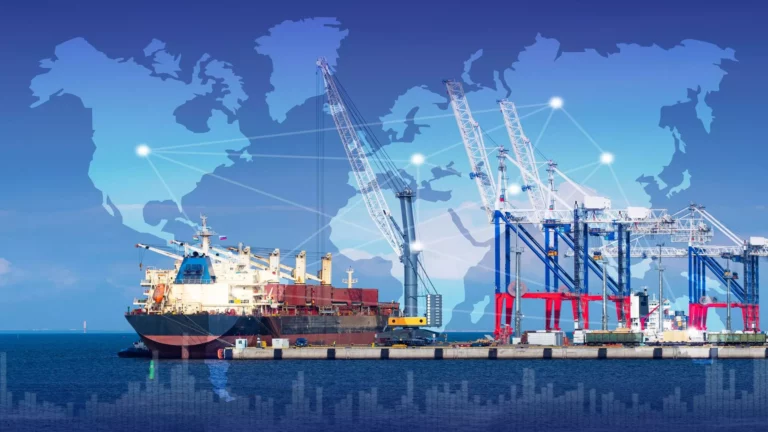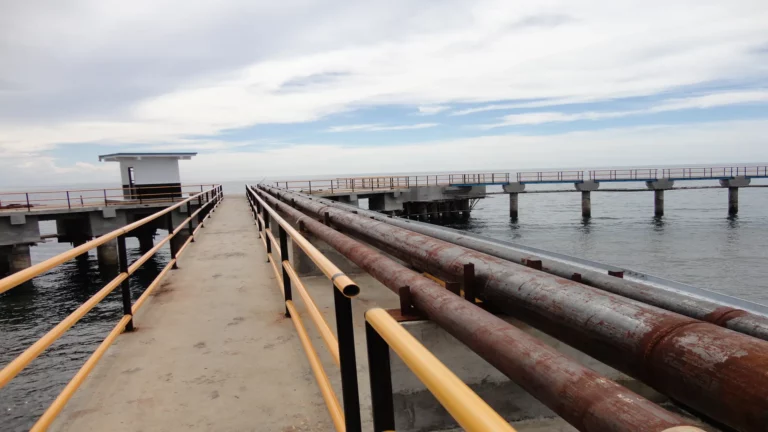Author: Ing. Antonio Zavarce, July 7, 2023.
Introduction
It is nothing new to say that mining social responsibility supposes an added value, but also an obligation for the companies dedicated to the exploitation of minerals. Through this activity, mining companies should actively contribute to the development of the local capacities with which they live, with the protection of the environment, with respect for cultural identities and with social values.
However, mining has been under scrutiny due to various factors that have generated concern and debates around its negative impacts. Below I will provide some numbers and reasons why mining is under the microscope:
Negative impacts of mining
- Mining can have significant effects on the environment, such as soil degradation, water pollution, and the emission of greenhouse gases. According to the United States Environmental Protection Agency (EPA) , mining is the leading source of water pollution in many mining regions. In addition, mining activity can generate emissions of fine particles and toxic gases that contribute to air pollution. According to the World Health Organization (WHO), exposure to air pollution in mining areas can have negative impacts on people’s health, especially in communities near the mines.
- Mining often involves the removal of large amounts of soil and vegetation, which can result in the destruction of natural landscapes and fragile ecosystems. This can have negative consequences for biodiversity and local ecosystems. Communities near mining operations may also experience significant social and economic impacts. These can include forced displacement of communities, conflicts over access to and control of resources, loss of traditional livelihoods, and health and safety concerns.
- In some cases, human rights violations have been reported in connection with mining, such as child labor, precarious working conditions, exploitation, and violence. Furthermore, the lack of transparency in the granting of mining licenses and the management of resources has led to accusations of corruption in the mining industry in several countries. This has raised concerns about the equitable distribution of economic benefits and the accountability of mining companies.
Context of mining social responsibility
The regulations imposed on this sector have not managed to reduce the demands and social conflicts that revolve around mining activity, on the contrary, they have aroused the attention of national and even international public opinion, which constitutes a social challenge for nations. The instability generated by these conflicts poses, in fact, serious problems that consequently affect the prospects for sustainable development.
It is possible to carry out sustainable mining if responsible and transparent practices are implemented. Now, we will explore the relevance of transparency and social responsibility in the mining industry, as well as monitoring methods to detect non-compliance with good mining practices.
Sustainable mining: An achievable goal
Sustainable mining seeks to minimize negative impacts on the environment and local communities, while maximizing economic benefits. Fortunately, there are technologies and practices available that can help achieve this goal. However, many mining companies choose not to implement them due to the search for economic savings and the lack of importance they give to sustainability.
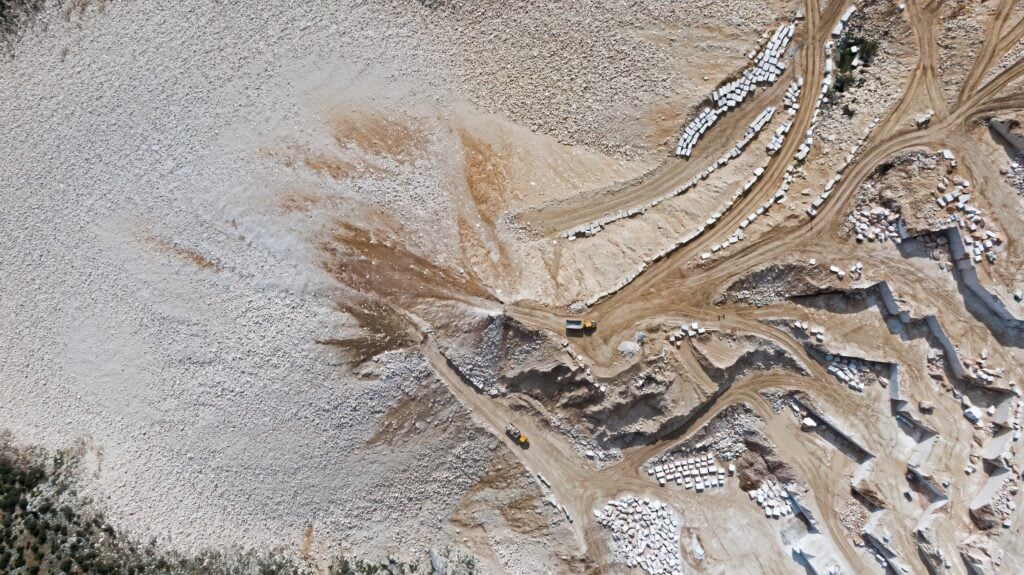
The importance of supervision
Proper supervision is essential to ensure compliance with good mining practices. Regulatory authorities and watchdogs must play an active role in supervising mining operations, ensuring that environmental and social regulations are complied with. In addition, the participation of independent experts and non-governmental organizations can provide an unbiased and objective perspective on mining practices.
Environmental monitoring
Environmental monitoring is an important operation to assess the impact of mining on the natural environment. Through adequate monitoring systems, it is possible to detect and prevent air, water and soil contamination, as well as assess the health of local biodiversity. Mining companies must be transparent about the results and take immediate corrective action when negative impacts are detected.
Community participation
It is a fundamental aspect of supervision in mining. Companies must establish effective communication channels with the communities near the mines, taking into account their concerns and opinions. The creation of monitoring committees and the holding of public consultations are recommended practices to encourage the active participation of the community in the decision-making process.
Certifications and Standards
The adoption of internationally recognized certifications and standards is an effective way to ensure that mining companies operate in a responsible and sustainable manner. By earning certifications such as ISO 14001 (Environmental Stewardship) and ISO 26000 (Social Responsibility), companies demonstrate their commitment to high-level practices and undergo regular audits to verify compliance.
Complaints and Accountability Mechanisms
It is essential to have effective mechanisms to present complaints and report irregularities in the mining industry. Companies must establish clear and confidential channels for employees, communities and other interested parties to report potential violations of responsible mining practices. Likewise, regulatory bodies and competent authorities must act diligently to investigate and sanction any non-compliance.
Conclusion
Mining can be sustainable if it is carried out with transparency and social responsibility. Adequate supervision, environmental monitoring, community participation, the adoption of certifications and standards, as well as complaint and accountability mechanisms, are key practices to ensure that mining companies comply with established rules and regulations. It is the responsibility of all interested parties, including authorities, mining companies and society in general, to ensure responsible mining that respects the environment and local communities.
By working together, we can achieve a more sustainable and win-win mining industry.
Own source



